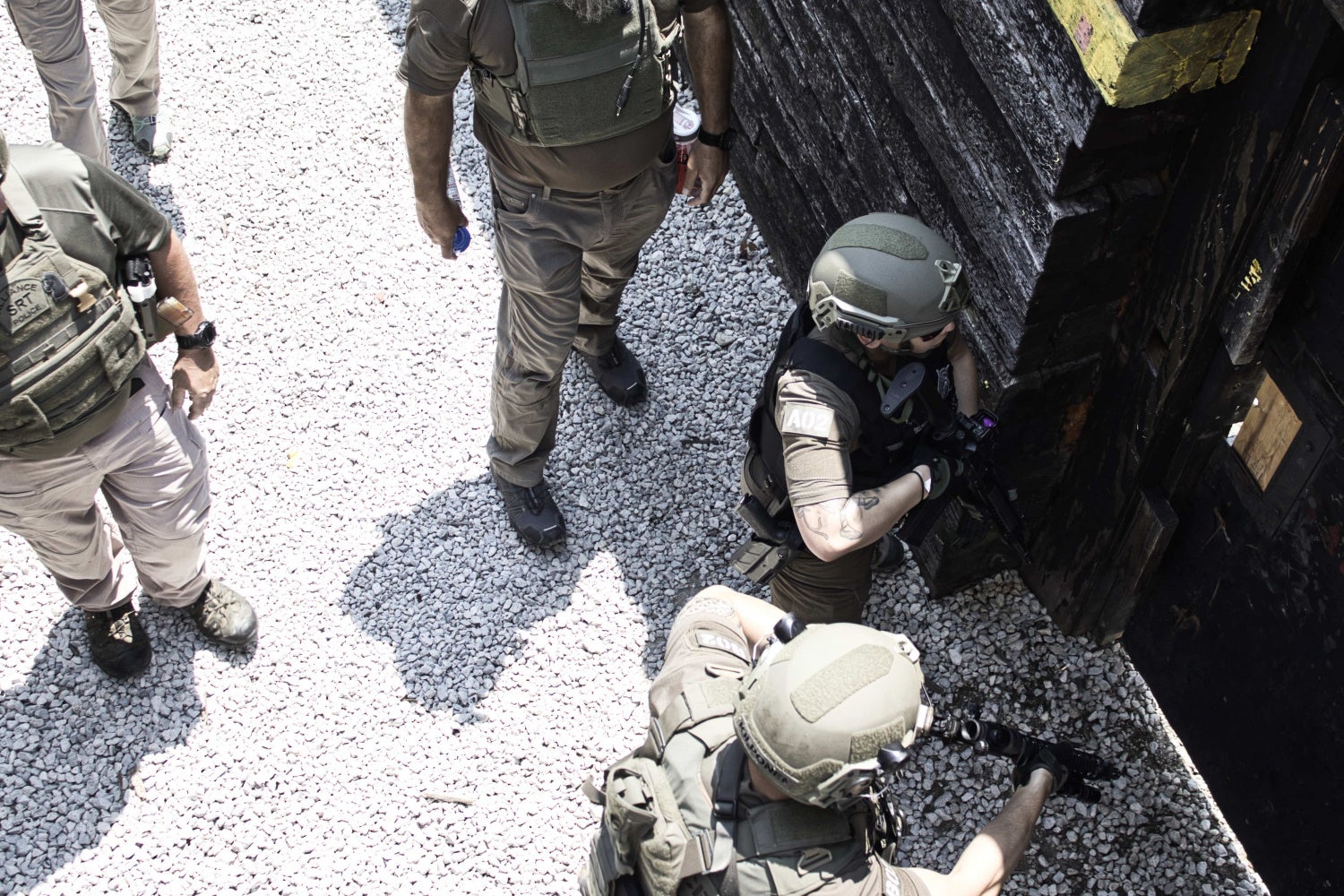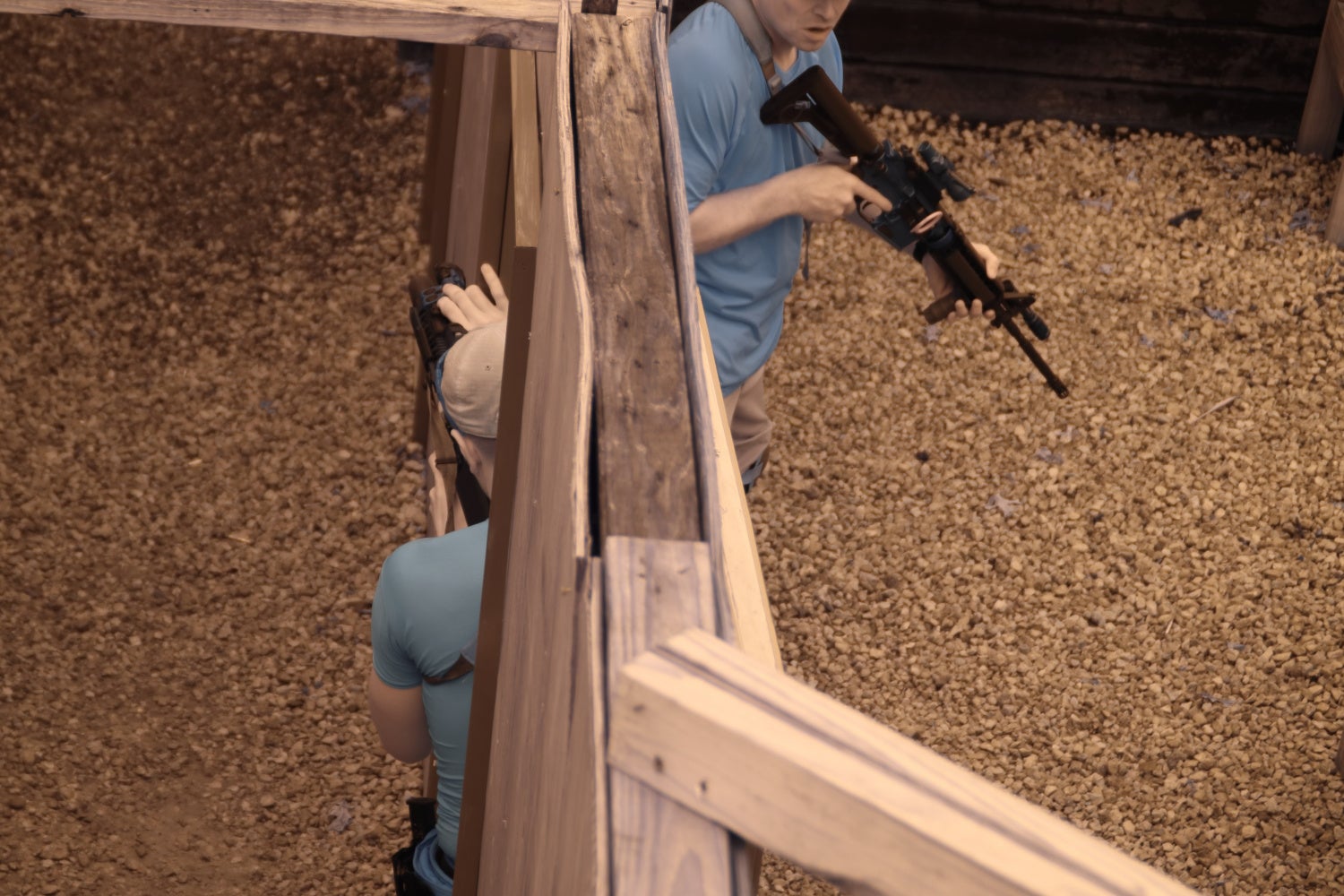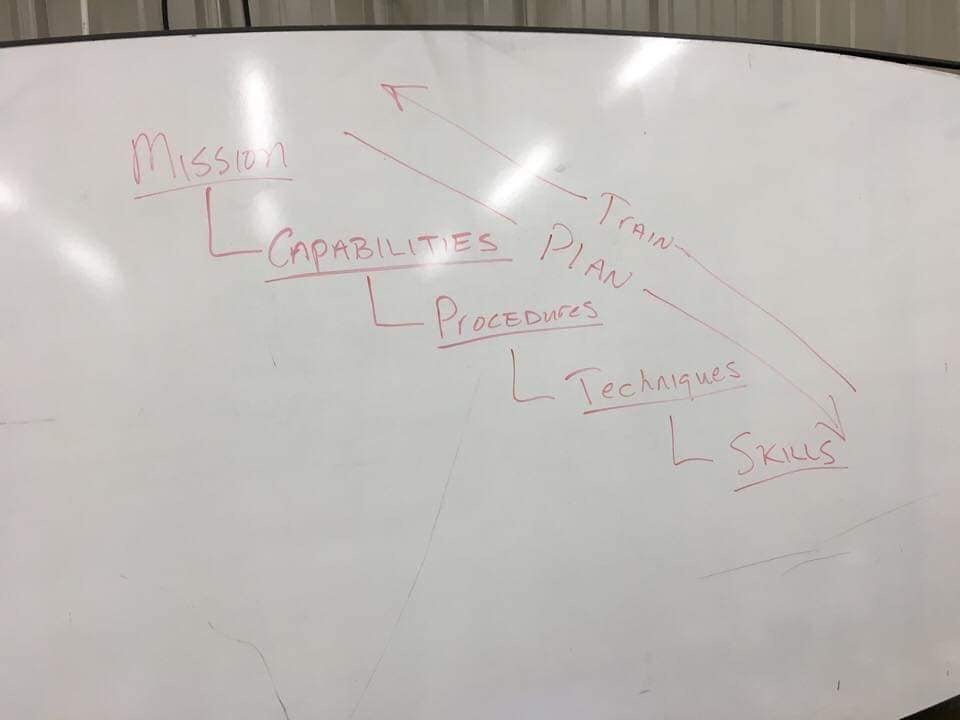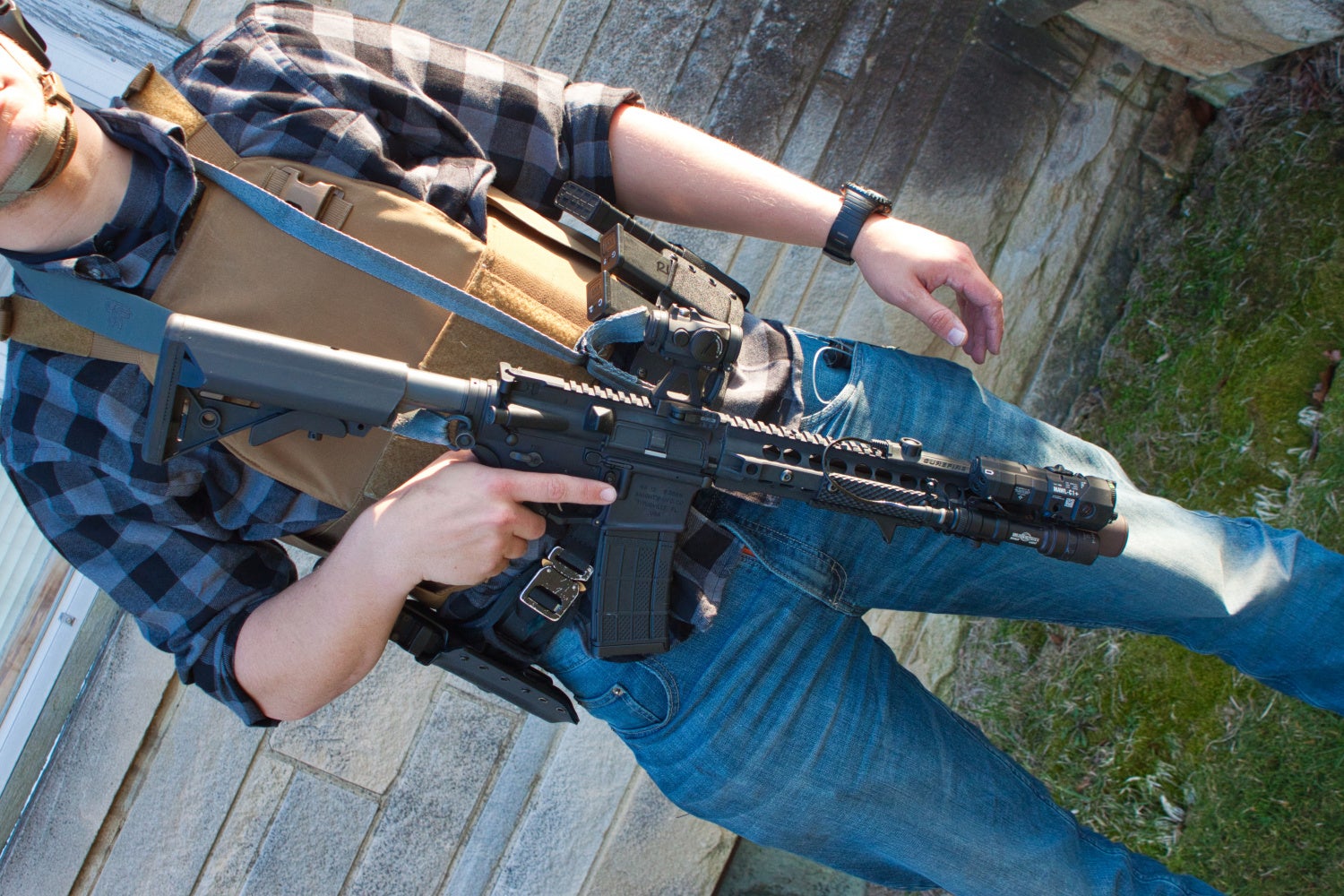Spring Training
Spring is coming and soon training classes will start to pick up. Courses will be available for every budget and shooter. Some will focus on basic safety and cleaning. Other courses will cut tenths of a second off draw time or teach CQB team tactics.

We could all benefit from far more courses than we could afford so how do we break down what we need the most? The key to this is to have a well-defined mission and prepare ourselves to make the most of the courses.
Defining Your Mission
I would love to take a course on aerial platform shooting, but this would not be a technique I can see myself needing in … well, any scenario! Having a well-defined mission is important in determining what courses we should attend.

A scoped carbine course could be very beneficial for one person while not as applicable for the next.
Define that mission with as great of a laser focus as possible. This sets a clear goal of what you want to accomplish. Mission essentially defines what we need to know. An example of a mission could be law enforcement patrol for an LEO or personal protection for a citizen. However, that is not with a laser focus. A well-defined mission would be as follows:
My mission is to protect my family and myself from preventable threats through the greatest level of planning that I can provide. When this planning does not prevent the threat I will have verbal, physical and kinetic solutions to reduce the threat.
Capabilities
Once we have a defined mission we need to determine our capabilities. Capabilities identify the tasks we need to complete our mission. A citizen might work at night and need to walk to their vehicle in a bad part of town before driving home. Making it to their vehicle could require individual CQB tactics. Next they might need to fight in and around their vehicle. Capabilities also might be something not gun oriented. Defensive driving or how to stop the bleed in the event of an accident could be equally important.

With nearly half our day being dark and frequent darkness indoors, having the capability to use light to your advantage is important.
Procedures
Procedures must be developed for each of the capabilities outlined above. Applying tactics to a specific set of circumstances to achieve the desired outcome is the definition of a procedure. Individual CQB procedures would determine how we address a door or clear a room. These procedures must be understood at a procedural level and not done on the fly.

Students practice door procedures at the Alliance Police Range shoot house.
Techniques
Techniques will be applied to the given circumstances. While working your way to a vehicle you may need to be able to shoot from cover. Barricade techniques or positional shooting could come into play.

Skills
This will require subconscious skills. These skills could range from ready positions to proper grip and trigger control. Due to limited processor power, being unconsciously competent is a must. This allows our processors to be used efficiently to solve problems.
Now What?

From here we work our way back up in order to determine what training we need. First, we need to honestly realize our skills and where we are falling short. Instead of jumping directly into a vehicle course or an Individual CQB course we should make sure we have the corresponding skills and techniques. Lacking the skills and techniques we cannot accomplish the procedures or capabilities. Once we know what skills and techniques we need to work on, find a reputable instructor. There are many instructors but choose the right course for what you need to learn. Each instructor will have their own strengths. Going to multiple courses will allow you to combine the best golden nuggets from each instructor.
Look for input from people that have taken many courses from many instructors. It is easy for someone to continually go back to the same instructor. They are comfortable and know what to expect. There is nothing wrong with taking multiple courses from an instructor but listen to reviews that are well rounded and grounded in fact over feeling. Also, make sure what you are being taught is defendable in court. Some military tactics may look cool on Instagram, but may not be a good defensive tactic once you factor in liability and different rules of engagement. Make a list of the classes you want to take and attend as your budget allows. I make a list of the courses I want to take at the beginning of the year. Most courses will not be posted a year in advance, but this way courses can be selected by priority and budgeting is easier with more lead time.
Attend Prepared
While taking courses to prepare for particular events, make sure to also prepare for the class itself. Get the most out of your money and sweat. Be prepared mentally. Come ready to learn. The point of the class is not to go to the gun club and shoot with friends for a weekend or show the instructor how great you are. The point is to find a skill you need to improve and get coaching on how to facilitate the improvement. Also, avoid tardiness. Show up early and give yourself the time to prepare yourself and your gear before the class starts.
Engage With Those Around You
We are like those we spend the most time with. This could be good or bad. I have met amazing friends at courses that I would not have met if I had stayed off to myself.

Life happens and you may have to respond to your phone, but don’t let it hinder the value of the course. You will gain invaluable information by engaging with instructors and other students so also make the most out of breaks.
Bring Quality, Vetted Equipment
Never show up to class with a weapon you haven’t vetted or equipment you have not worn and tested. Spend time behind the firearm, confirm zero and make sure the magazines, ammunition, lights, lasers and any other accessories are fully functional before you attend. Also, avoid the DIY or “just as good” option. Lying to yourself is one thing, but holding up a class of other students is not courteous to anyone.

Open Mind
If you have read packing lists you will notice that many packing lists include “bring an open mind”. I did not understand this as I assumed anyone investing their time and money to learn from a respected instructor would automatically do so. However, this is extremely important. If you are going to a class to learn, being positive and having an open mind is important. Try to implement what is being taught and give new things a try.

Back to Mission
While this article covered numerous topics, they all come back to being rooted in your mission and have a dramatic impact on mission success. Each aspect connects to the next. Some will have a clearly defined mission, vetted instructor and a class to improve a weak skill. However, showing up with a gun that does not function will negatively impact your ability to complete your mission.
Photos were taken by @marlenamichealphotography.
Much of the information in this article should be credited to John Chapman at Forge Tactical, Varg Freeborn at One Life Defense and Pat Rogers.
 Your Privacy Choices
Your Privacy Choices
